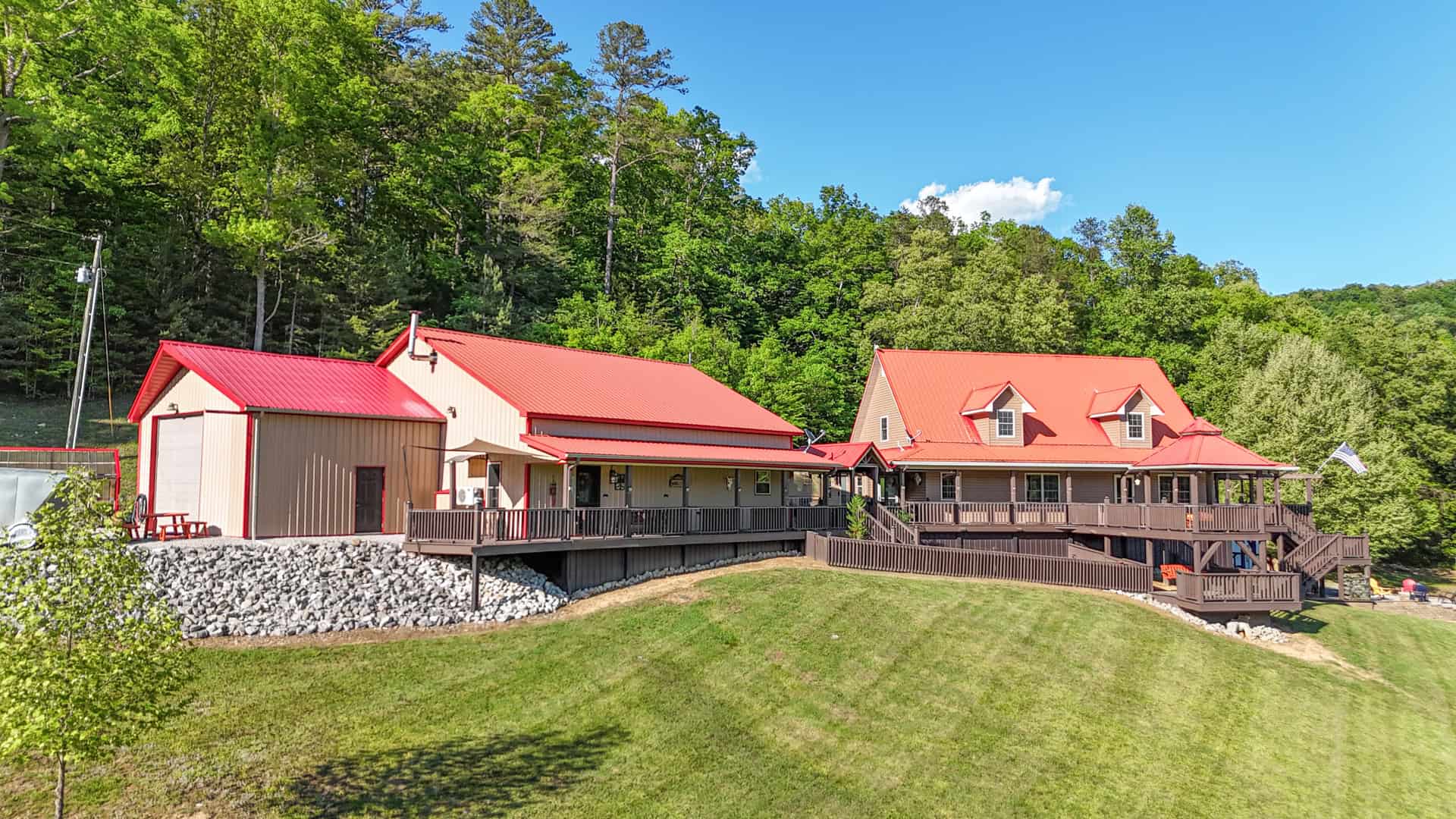So, you’re looking for a houses for sale near me. Right near you, huh? That’s a good start. Forget those fancy online tours of places thousands of miles away. You want to know the neighborhood, the feel of the streets, the sound of the birds in the morning. That’s real living. And real living starts with knowing your local market.
Diving into the Local Market
Let’s be honest, the internet’s a mess of listings. You’ve probably scrolled through hundreds of them, seen the same stock photos, and read the same flowery descriptions. What you need is something more tangible. You need to get out there, walk the streets, see the “For Sale” signs. Don’t just rely on the big real estate websites. Check out local agencies, the smaller ones. They often have listings that haven’t made it to the national platforms yet. And chat with people. You know, the folks at the local coffee shop, the person walking their dog. They know the area better than any website ever will. Ask them about the schools, the traffic, the quirks of the neighborhood. You’ll get the real scoop.
The Importance of ‘Drive-Bys’
Pictures can lie. A wide-angle lens can make a tiny backyard look like a sprawling estate. That’s why those “drive-bys” are crucial. Don’t just look at the house from the street. Actually walk around the block. Get a sense of the surrounding properties. Is the street well-maintained? Are the neighbors’ yards tidy? Is there a constant hum of traffic or a peaceful quiet? Check for things like the condition of the roof, the state of the landscaping, and the overall curb appeal. These are the details that photos often miss. And, if you see a house you like, try to visit at different times of day. A quiet street during the day might be a noisy thoroughfare at night.
Beyond the Square Footage
Everyone talks about square footage and number of bedrooms. But what about the less tangible aspects? How does the house feel? Does it have good natural light? Is the layout functional for your lifestyle? Can you picture yourself living there? Don’t get hung up on the “perfect” number of bathrooms or the size of the garage. Think about how you’ll actually use the space. A smaller house with a great layout might be a better fit than a larger one with an awkward floor plan.






